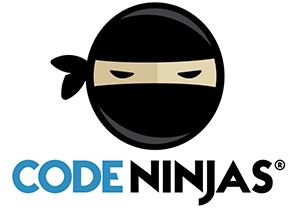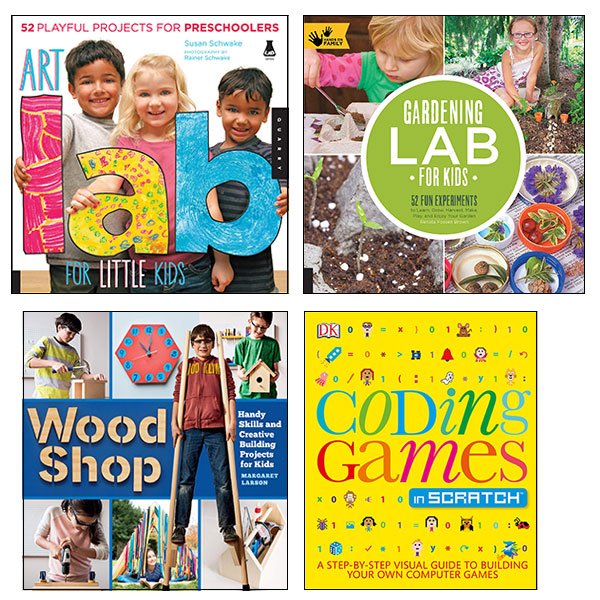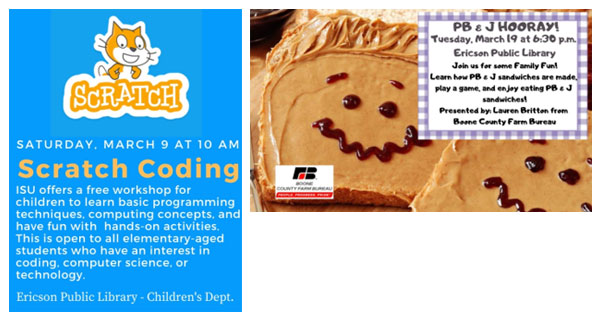Creating a Library Exchange Network
Last year, I had the distinct honor to attend a professional development opportunity at MIT (Massachusetts Institute of Technology). As part of the training, we were given a chance to see some of the projects students and professors are working on in fields such as education, fashion, and healthcare. I was surprised to learn from Dr. Chris Bourg, Director for MIT Libraries, about the Public Library Innovation Exchange (PLIX) where MIT researchers work with public librarians to exchange ideas to develop new created learning programs. Scratch Coding and the Duct Tape Network are examples of their previous projects. After returning home, I created a Library Exchange Network with both community and state partners to develop new learning opportunities for library patrons and the community by reaching out to individuals in a variety of disciplines such as the arts and engineering.
From small to large libraries, any size library can create a Library Exchange Network with THREE easy steps:
Step 1: Partnership Radar
A partnership radar provides you the opportunity to map out potential partners for your exchange. Create a list of potential partners who could potentially offer a library program (this is something you might already have completed). Some examples might include a construction company who could help children create birdhouses, a university or college who could provide a STEM program, or a gardening group who could provide children the opportunity to plant a bulb. Your map can include local and or non-local partners. Your partnership radar will continue to grow.
 Step 2: Throwing the Line Out
Step 2: Throwing the Line Out
As with fishing, you need to throw a line out to potential partners by email or phone, expressing the library’s interest in developing a library program relating to their profession or skill. For example, I reached out to a local teacher who has a therapy dog to establish a new Saturday storytime program where families enjoy not only stories, songs, and a craft but also enjoy time with her therapy dog. Conclude your email by welcoming them to your library for a brainstorming session.
Step 3: Idea Exchange
The idea exchange is an opportunity for you and the potential partner to brainstorm ideas on potential program opportunities for the community. For example, I had our local train museum visit with me to brainstorm new possibilities for families to learn about the history of trains through experiences including an interactive kiosk and a live presentation. The goal at the initial exchange meeting is to throw out as many program ideas as possible even if they seem impossible. The meetings that follow will be reserved for the design of the program.
10 Benefits of a Library Exchange Network
- Provides new learning opportunities for the community.
- Increases the library’s visibility.
- Limits staff time to develop new programs.
- Requires little or no cost. Many employers require employees to complete community services.
- Shares both talents and resources.
- Fosters coöperation.
- Reaches new audiences.
- Re-images the purpose of the public library.
- Expands both services and programs.
- Ensures the library continues to be an enjoyable place within the community.
National Partners:
 Our local partnership is extensive; however, here are some of our non-local partnerships who have chains throughout the United States.
Our local partnership is extensive; however, here are some of our non-local partnerships who have chains throughout the United States.
- Coding Ninjas
- Sylvan Learning
- Bricks 4 Kids
- Boy and Girls Club
- Afterschool Alliance
- Engineering for Kids
Articles to Enjoy on Library Partnerships:
“The Who, What, Where, Why, When, and Hows of Passive Programming,” by Amanda Bennett, OLC Small Libraries, 17 March 2014
“How Public Libraries Help Build Healthy Communities,” by Marcela Cambello and Stuart M. Butler, Brookings Institution, 30 March 2017
Books to Generate Program Ideas

Some Program Examples Provided by Our Partners

